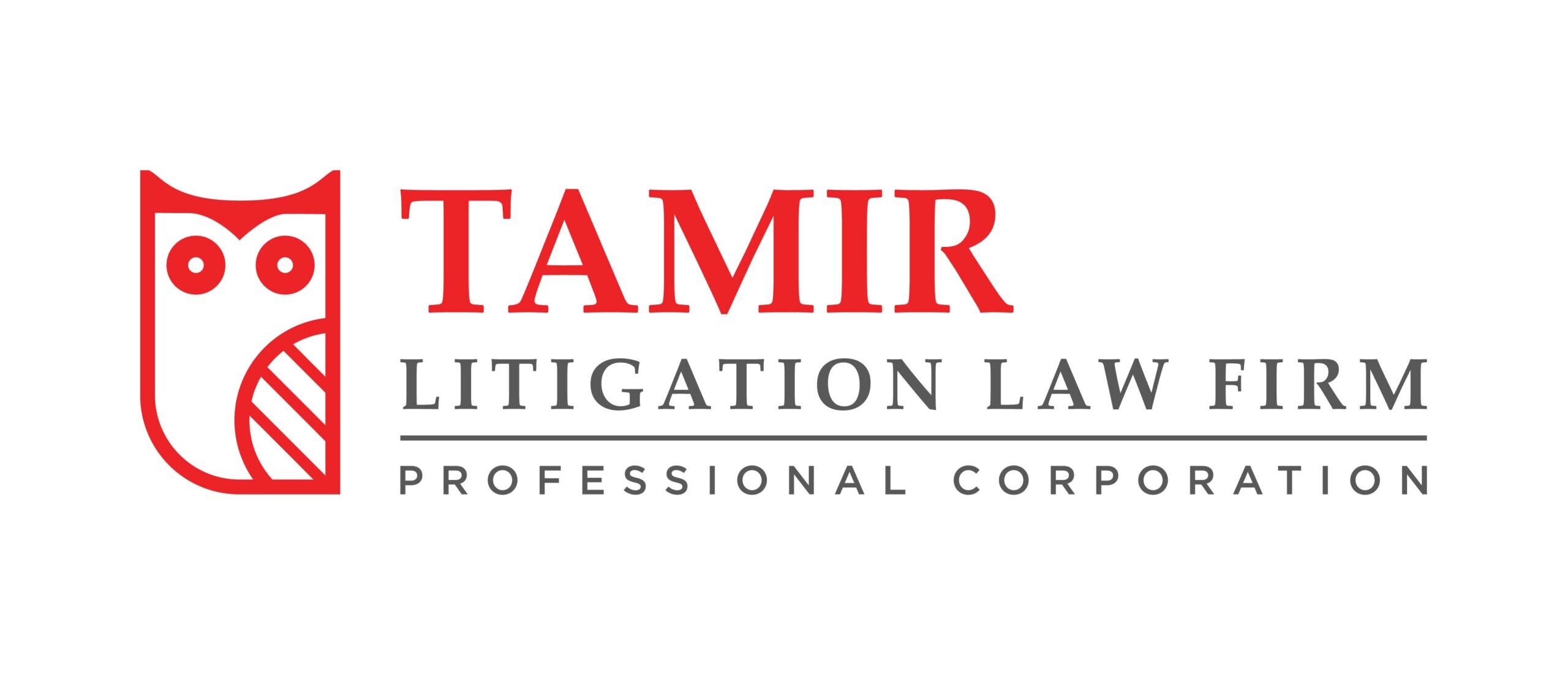Answer to this question depends on whether your driver was authorized to operate a motor vehicle, as it is defined within the meaning of the Insurance Act, R.S.O. 1990, c. I.8. In the unfortunate event where you have suffered injuries as a result of a motor vehicle accident, please consider these scenarios.
Scenario 1: Your driver was authorized to operate motor vehicle (had a valid driver’s license, was not in breach of conditions of that license, if any, and was not too sick or/ and intoxicated)
- Damage to the vehicle – covered by your own auto insurance;
- Accident benefits, otherwise known as funds to pay for your medical rehabilitation – in most cases those will be covered by your own auto insurance;
- Damages for pain and suffering, along with other types of compensation available when you are suing the party at fault (tort damages). In most cases it is insurance of the driver that becomes responsible.
Scenario 2: Your driver was NOT authorized to operate a motor vehicle, you were aware of this and still allowed him or her to drive.
In this case your driver is uninsured and you will be deemed in breach of your own insurance policy. This is because you have allowed an unauthorized driver to operate your vehicle. If there is enough evidence to convince the court that you had reasonable grounds to believe that the driver was authorized, then you can sue your own insurance for pain and suffering, plus other damages available in tort under an uninsured provision of your policy.
Of course, you can still sue the driver that caused the accident. However most people do not have enough funds to defend and/ or pay out such insurance claim. Hence chances are it will be very hard to recover your damages from the driver.
Please feel free to contact our firm and we will be happy to assist.

